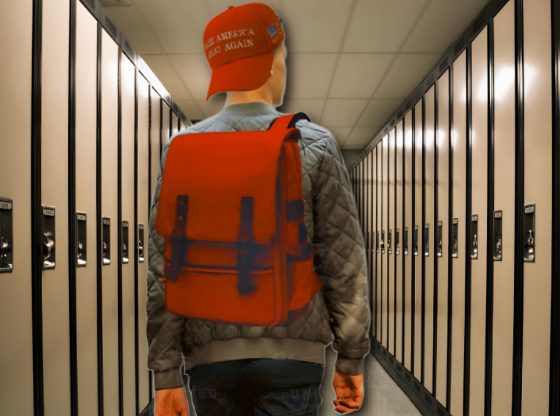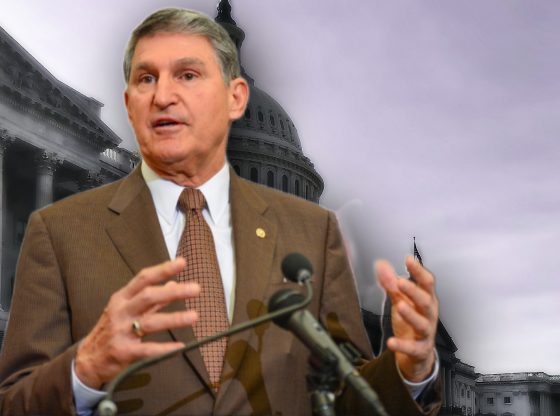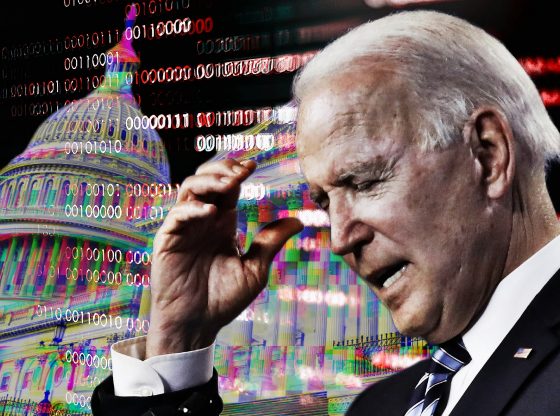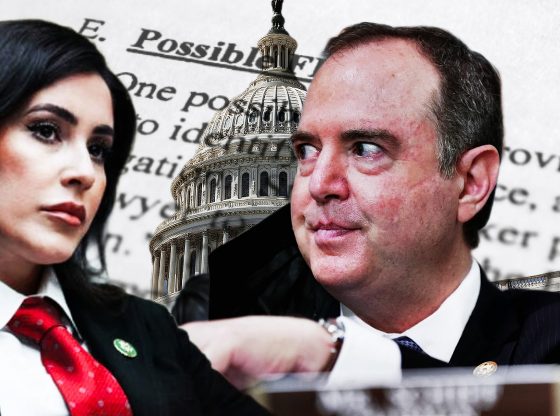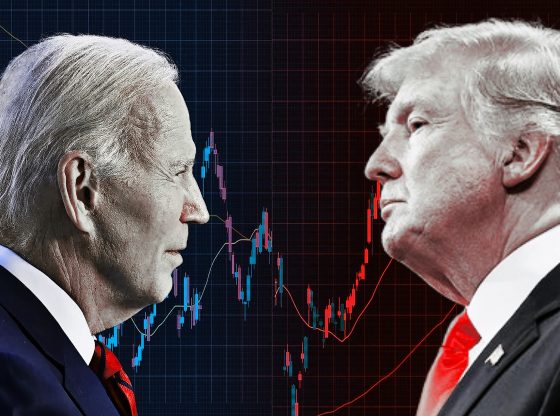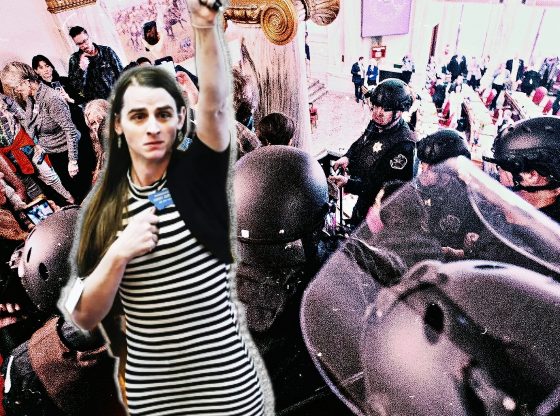Current Representative:
- Vacant
- Businessman Donald J. Trump defeated former Secretary of State Hillary Clinton by 21 points in the 2016 presidential election in Wisconsin’s 7th congressional district. In 2018, incumbent Sean Duffy (R) prevailed over Margaret Engebretson (D) by 21.7 points.
Map:

Jason Church is a member of the Republican Party running for election to the U.S. House to represent Wisconsin’s 7th congressional district. He is on the ballot in the Republican primary, scheduled for February 18, 2020. A special election will be held on May 12. Representative Sean Duffy previously resigned effective September 23, 2019.
The district is heavily Republican (Cook PVI R+8), making whoever becomes the Republican nominee likely to be the next U.S. representative.
The two candidates running on the Republican side are Jason Church and Tom Tiffany. A third, second-tier candidate, Michael Opela Sr. was disqualified from the Republican primary and is running as a write-in candidate.
Lawrence Dale, the Green Party candidate in the 2014 election for Wisconsin’s 7th District, and Tricia Zunker, an at-large member of the Wausau School District school board, are running in the Democratic primary. Top-tier candidates passed on a run.
Church has received endorsements from generally pro-Trump politicians, including U.S. Rep. Dan Crenshaw (R-Texas) and Sen. Joni Ernst (R-Iowa). Tiffany, in contrast, has received more establishment endorsements, including the Club for Growth and former Wisconsin Govs. Scott Walker (R) and Tommy Thompson (R). That should endear Church to a Republican base fiercely loyal to the President.
While both candidates express support for Trump, Church and Tiffany disagree on the Davis-Bacon Act, a labor law requiring contractors and subcontractors to pay their laborers locally prevailing wages on federally funded projects. Church supports the law. Tiffany opposes it. Church’s support aligns with Trump’s conservative populism, giving him broader appeal with culturally conservative, working-class white voters who have entrenched themselves in the president’s camp.
Church also has a compelling life story. After graduating from the University of Wisconsin–La Crosse, he served in the U.S. Army. While leading his platoon in Afghanistan, he lost his legs in an IED explosion. After spending a year recovering in Walter Reed Army Medical Center, Church completed an M.A. in security studies at Georgetown and a J.D. at Wisconsin Law School.
Following graduation, Church worked as an aide for U.S. Sen. Ron Johnson (R-Wis.), giving the combat veteran firsthand exposure to the legislative process.
Church’s military experience is an undeniable asset. His work for a pro-Trump senator is generally positive, although a clever primary challenger could make that a liability, given the public’s low opinion of Washington, D.C.
Tiffany has served in the Wisconsin State Legislature since winning the 2010 election to represent District 35 in the state assembly. That district covers approximately two of the 7th District’s 20 counties. Since 2013 he has represented District 12 in the state senate (whose lines roughly split between the 7th and 8th congressional districts). In a political environment that favors outsiders willing to challenge the status quo, Church has another built-in advantage by having the ability to emphasize his experience outside politics, while Tiffany must embrace being an insider.
The issues page on Church’s website is light on details (as is Tiffany’s). Both align with President Trump’s worldview.
Church separates himself by looking and sounding like a leader on his website. He appears straight out of central casting and can speak extemporaneously on a wide range of issues. For a first time candidate, his camera presence is remarkable. He would fit in well on Fox News.
Candidates prevail at this level from the number and effectiveness of the volunteers on their side, the utilization of political technology to maximize grassroots organization, and fundraising.
Local sources attribute these factors to former Representative Duffy’s victory in 2010 as well as voter discontent with the Democratic Party’s overreach in the first two years of the Obama administration. Similar to 2010, voters (particularly Republicans and independents) find government overreach and malfeasance particularly frustrating. On paper, these factors should help Jason Church.
Regarding fundraising, the FEC is still processing the financial summary of Church for Wisconsin.
A financial summary from last fall for Tiffany for Wisconsin, Inc. is available on the FEC’s website. Between July 1 and September 30, Tiffany for Wisconsin, Inc. raised a total of $242,300.27. Total disbursement during this period amounted to $1,350.75, leaving the campaign with $240,949.52 cash-on-hand as of September 30.
Jason Church is the stronger candidate. But financial support seems to be the crucial missing link between Church and Tiffany.

